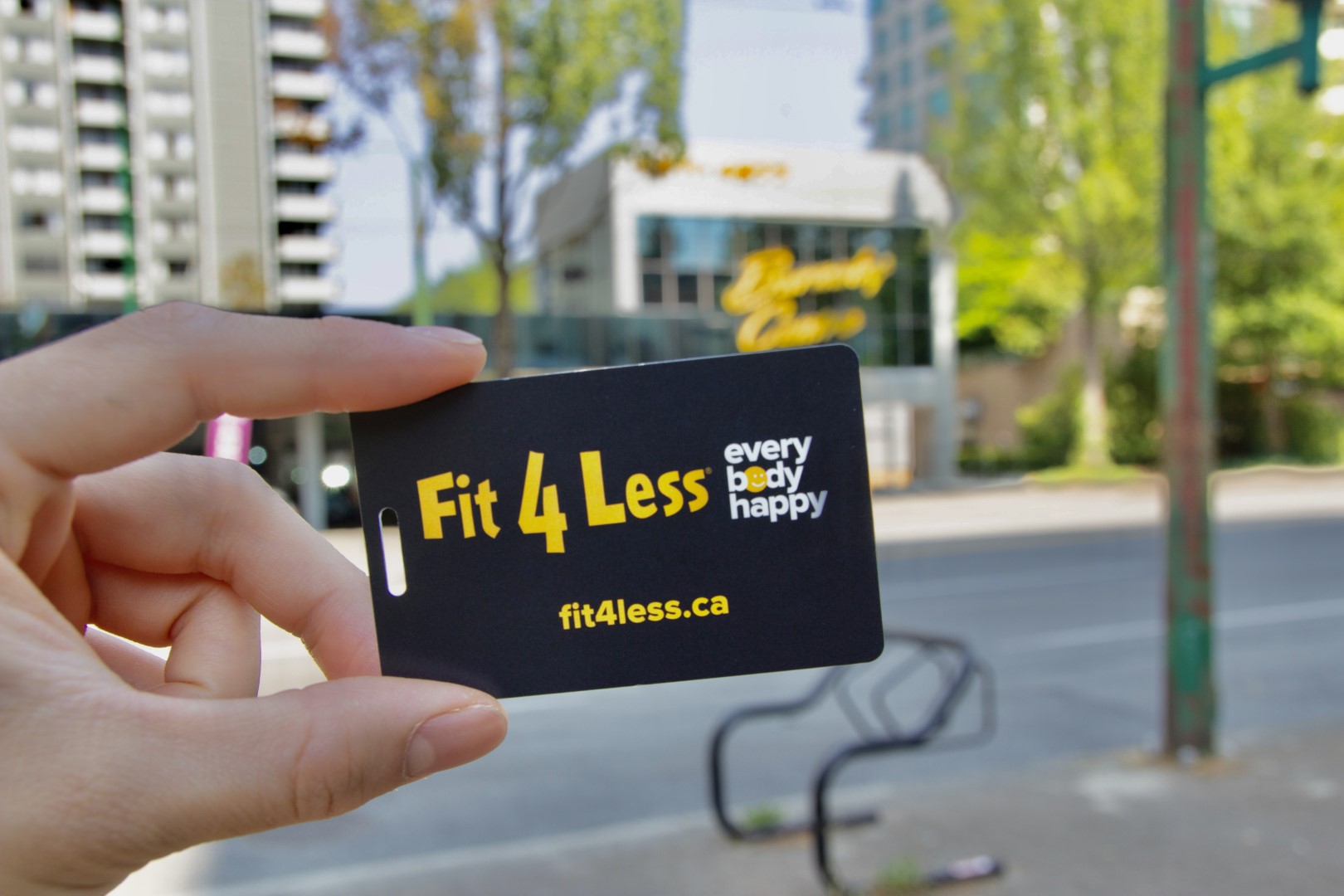
A case for subsidized college fitness passes
By Alexis Zygan, Staff Writer
Fitness centres play a vital role in keeping the community active. Not only do they enhance the quality of life, but they provide safe exercise equipment, swimming pools, and classes for those who require a regimented workout. Many open as early as 7 am and close at 10 pm, making them convenient to access no matter your availability. With various options for exercising, there is something for everyone. Even though a pass to a recreation facility at a community centre is cheaper than a fitness club, 10 visits to a community centre will cost a Vancouver resident $53.26, which is reasonable if you’re getting paid $19.50, which is the living wage for Metro Vancouver.
Despite the push to address economic inequality, many employers who hire university students pay minimum wage. The government should offer subsidized fitness passes for youth and young adults, up to the age of 25. Because exercising the recommended 30-minutes a day shouldn’t only be available to those who can afford a membership. The incentive also fosters a healthier and happier community.
Offering free or discounted access to fitness passes would promote an active lifestyle well into adulthood. Similar to how libraries—funded by the provincial government—encourage reading. Getting a library card takes less than five minutes and allows access to various materials such as books, e-books, DVDs, newspapers, and magazines. Reading has proven to reduce stress and depression symptoms. According to a study published in the American Journal of Psychiatry, people who exercise regularly are happier. If the city wants happier residents, especially during the winter months when people are impacted by seasonal affective disorder, they should reduce financial barriers to physical fitness.
Douglas College has two gyms on each campus for students and faculty to access. However, not all students live near campus and therefore depend on community recreation centres. Jogging outdoors or using equipment at public parks is a reasonable option during the summer. However, once the rainy season starts, fewer people want to train outdoors and brave the elements. By reducing the financial barrier to exercise, youth are encouraged to maintain healthy habits throughout the year. And by doing so, they may even encourage family members or roommates to join in.
Whenever the discussion of the government assigning money to the budget to support public programs, people tend to criticize the program because they don’t want to pay more taxes. However, by efficiently allocating money from other departments, the budget doesn’t have to increase. Regardless, healthy residents should be a priority. Ultimately, encouraging exercise by increasing access to community centres results in fewer hospital visits. As a result, the government saves money by investing in recreational facilities. As a result, people live longer lives and are less prone to preventable diseases and premature death caused by sedentary lifestyles.

